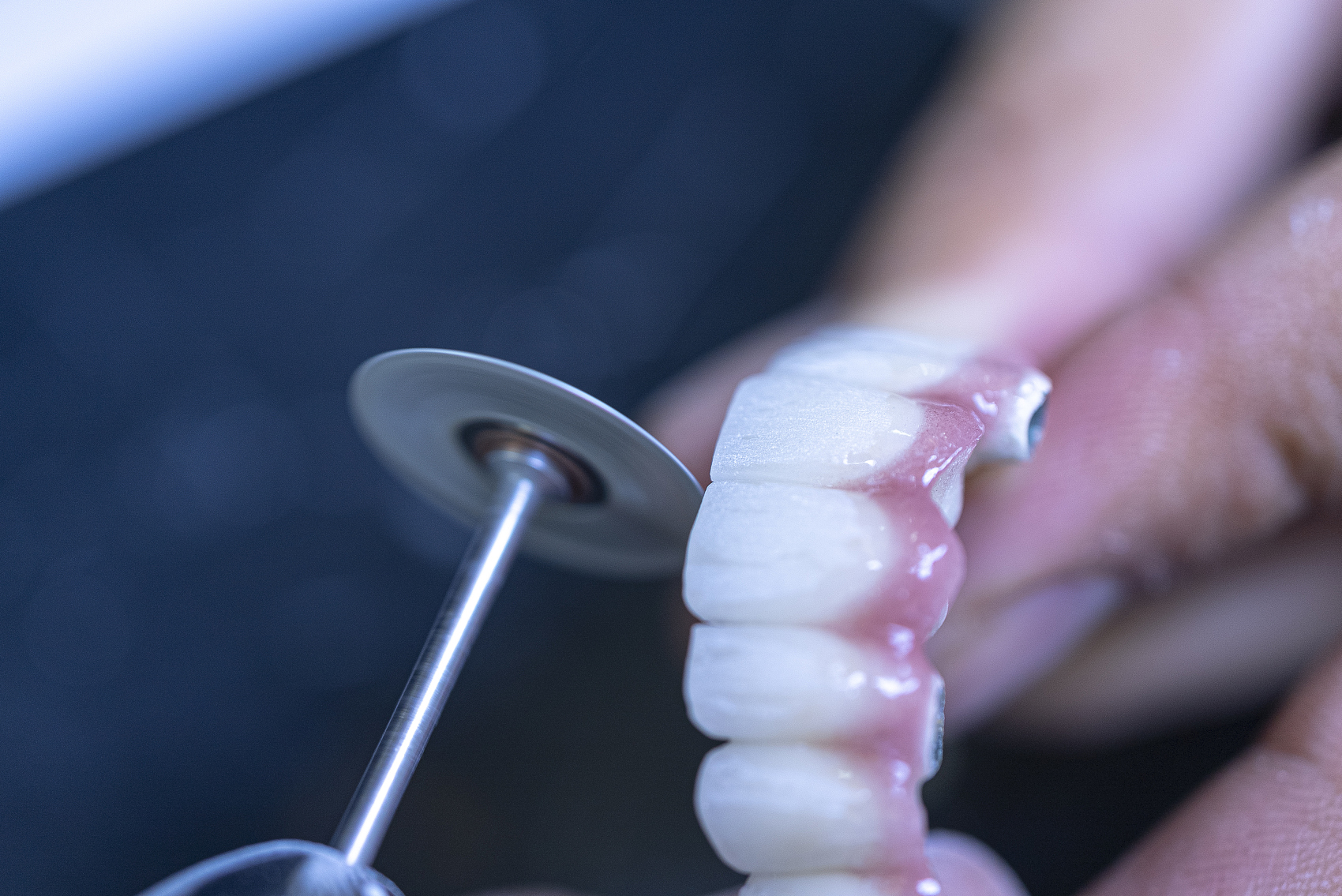Comprehensive Guide to Understanding Acrylic Dentures
Acrylic dentures are a popular choice for dental prosthetics due to their versatility, affordability, and durability. Understanding the various types, materials, and considerations associated with acrylic dentures is essential for both dental professionals and patients. In this comprehensive guide, we delve into the intricacies of acrylic dentures to provide a clear understanding of their features and applications.
1. Types of Acrylic Dentures
Acrylic dentures are broadly categorized into two types: complete dentures and partial dentures.
Complete Dentures:
Complete dentures replace all teeth in the upper or lower jaw and are commonly used when a patient has lost all of their natural teeth.
Partial Dentures:
Partial dentures are used when some natural teeth remain. They consist of replacement teeth attached to a pink or gum-colored acrylic base, which is then connected by metal framework to the natural teeth.
2. Materials Used in Acrylic Dentures
Acrylic dentures are primarily composed of acrylic resin, which is a type of plastic. The quality and characteristics of acrylic resin can vary, influencing the overall performance of the dentures.
Key materials used in acrylic dentures include:
- PMMA (Polymethyl methacrylate) resin: This is the primary material used for the base of the dentures.
- Composite resins: These are sometimes used to enhance the strength and durability of the dentures.
- Pigments: Pigments are added to achieve a natural tooth color and gum appearance.

3. Considerations When Choosing Acrylic Dentures
Several factors should be taken into account when selecting acrylic dentures:
- Fit and Comfort: Proper fit is crucial for comfort and functionality. Ill-fitting dentures can cause irritation and sores.
- Aesthetics: Dentures should resemble natural teeth and gums, providing a confident smile.
- Durability: High-quality materials and construction contribute to the longevity of dentures.
- Maintenance: Regular cleaning and care are necessary to preserve the appearance and functionality of dentures.
4. Advantages and Disadvantages of Acrylic Dentures
Acrylic dentures offer several benefits, including:
- Affordability: Acrylic dentures are often more cost-effective compared to alternatives such as ceramic or metal dentures.
- Versatility: Acrylic dentures can be easily adjusted and repaired.
- Lightweight: Acrylic dentures are lightweight, making them comfortable to wear.
However, they also have some limitations:
- Prone to Staining: Acrylic dentures may stain over time, requiring frequent cleaning and maintenance.
- Less Durable: Acrylic dentures are not as durable as ceramic or metal alternatives and may need to be replaced more frequently.
5. Care and Maintenance of Acrylic Dentures
Proper care and maintenance are essential for prolonging the lifespan of acrylic dentures:
- Daily Cleaning: Dentures should be brushed daily with a soft-bristled brush and non-abrasive denture cleaner.
- Overnight Soaking: Dentures should be soaked in water or denture cleaning solution overnight to prevent them from drying out.
- Regular Check-ups: Dental check-ups are important to ensure the dentures fit properly and to address any issues promptly.
Conclusion
Acrylic dentures are a versatile and affordable option for restoring oral function and aesthetics for individuals with missing teeth. By understanding the types, materials, and considerations associated with acrylic dentures, both dental professionals and patients can make informed decisions regarding their dental prosthetics. With proper care and maintenance, acrylic dentures can provide long-lasting comfort and functionality.




